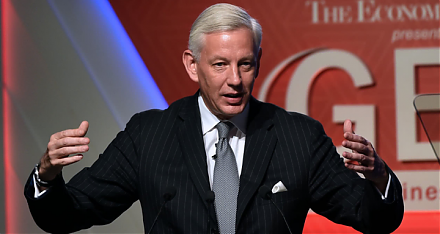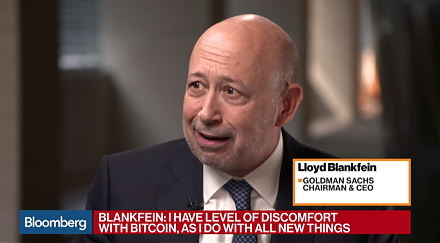

2019-05-05 10:34:00 Sun ET
technology social safety nets education infrastructure health insurance health care medical care medication vaccine social security pension deposit insurance
Former Vice President Joe Biden enters the next U.S. presidential race with many moderate-to-progressive policy proposals. At the age of 76, Biden stands out the presidential race as the favorite among Democratic voters in the recent polls. Biden enters the fray with a half-century of government experience with senior roles as the former chairman of Senate Foreign Relations Committee and vice president under President Barack Obama. On public finance, Biden cites high health care and energy costs as the primary threats to the economic prosperity of U.S. firms. Addressing these economic issues helps U.S. firms better compete worldwide. In addition, Biden supports better balancing the fiscal budget with deficit reductions. This fiscal policy stance contrasts with big tax cuts under the Trump administration. Biden indicates the essential need for U.S. banks to operate under the 5 key pillars of financial regulation: capital rules, low-leverage limitations, liquidity requirements, macroprudential stress tests, and deposit insurance constraints.
On agriculture, Biden opposes importing non-native species, which inadvertently alter domestic vegetation, compete with native species, introduce new diseases, and interfere with maritime commerce. Biden also supports a $15 minimum wage proposal, higher taxation on capital investment income, no tuition for public college students, and broader infrastructure.
If any of our AYA Analytica financial health memos (FHM), blog posts, ebooks, newsletters, and notifications etc, or any other form of online content curation, involves potential copyright concerns, please feel free to contact us at service@ayafintech.network so that we can remove relevant content in response to any such request within a reasonable time frame.
2023-05-14 12:31:00 Sunday ET

Paul Samuelson defines the mathematical evolution of economic price theory and thereby influences many economists in business cycle theory and macro asset m
2019-01-29 10:33:00 Tuesday ET

Global trade transforms from labor cost arbitrage to high-skill knowledge work. In fact, multinational manufacturers have been trying to create global suppl
2017-11-24 08:41:00 Friday ET

Is Bitcoin a legitimate (crypto)currency or a new bubble waiting to implode? As its prices skyrocket, bankers, pundits, and investors increasingly take side
2019-05-05 10:46:10 Sunday ET

This video collection shows the major features of our AYA fintech network platform for stock market investors: (1) AYA stock market content curation;&nbs
2023-05-21 12:26:00 Sunday ET

Amy Chua and Jed Rubenfeld suggest that relatively successful ethnic groups exhibit common cultural traits in America. Amy Chua and Jed Rubenfeld (2015)
2022-03-25 09:34:00 Friday ET

Corporate cash management The empirical corporate finance literature suggests four primary motives for firms to hold cash. These motives include the tra